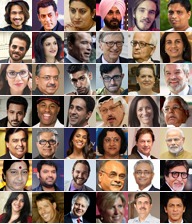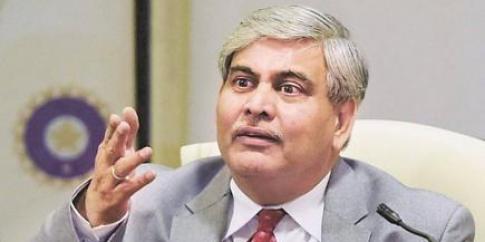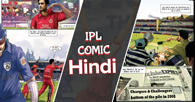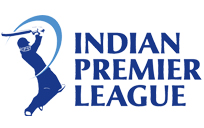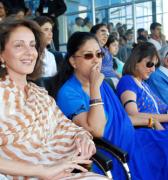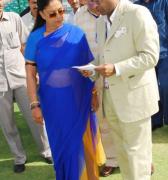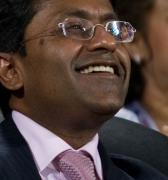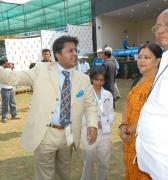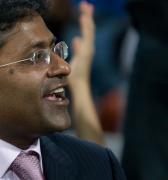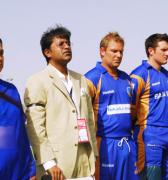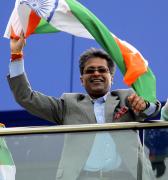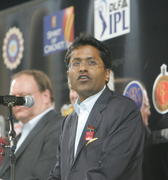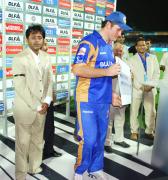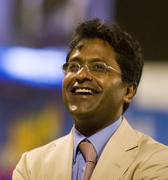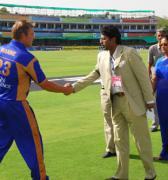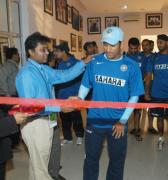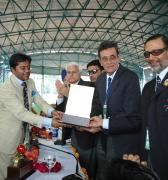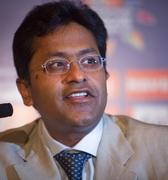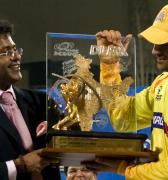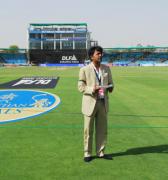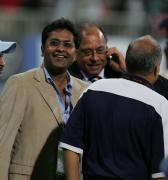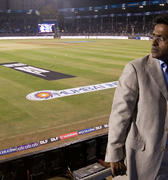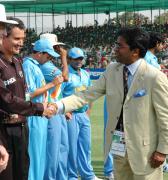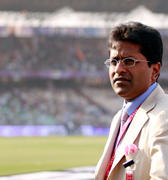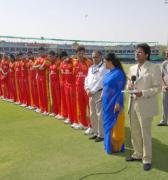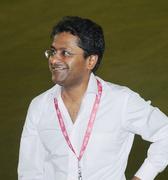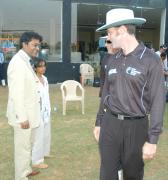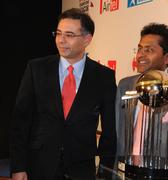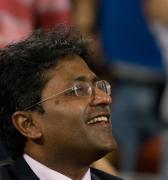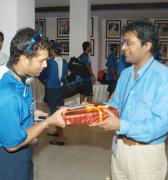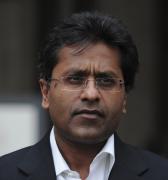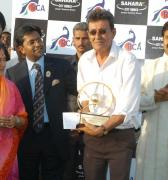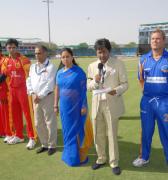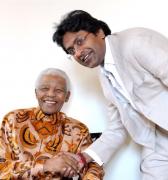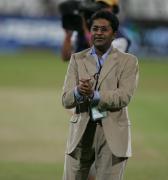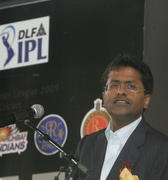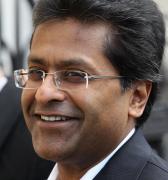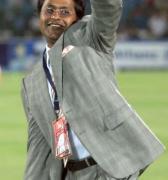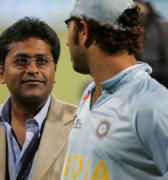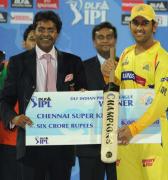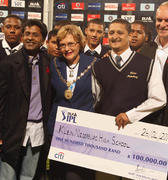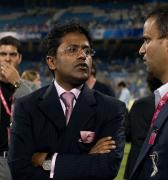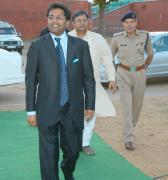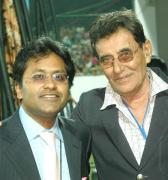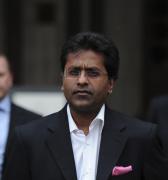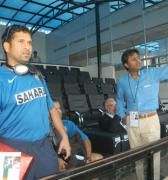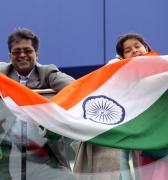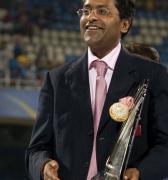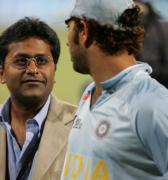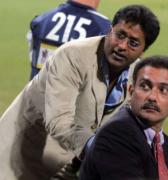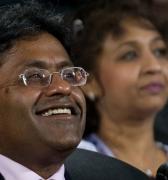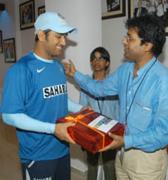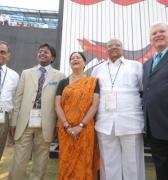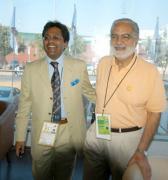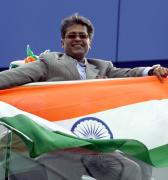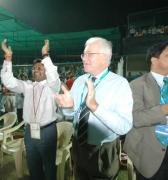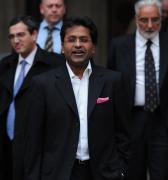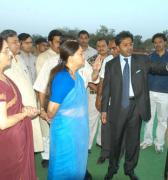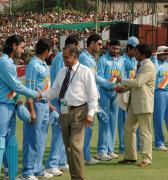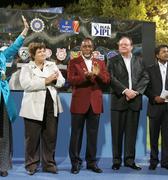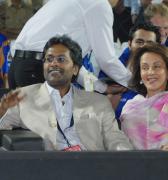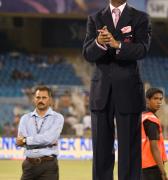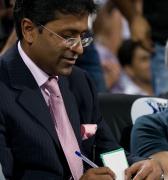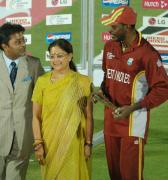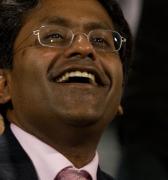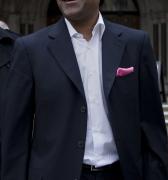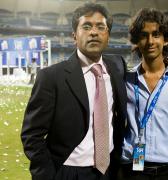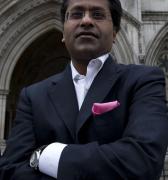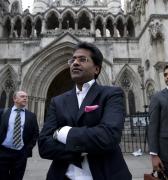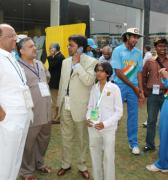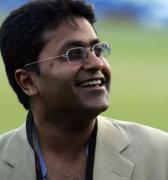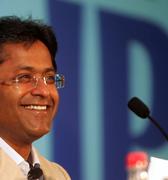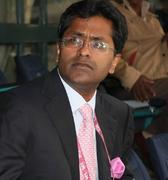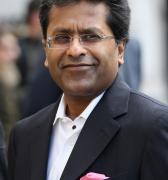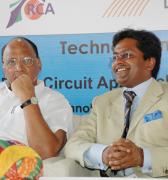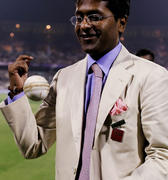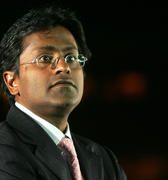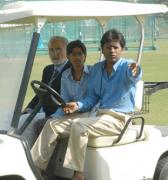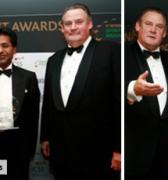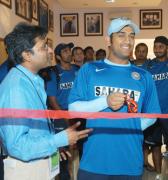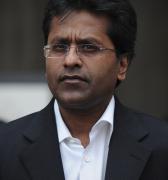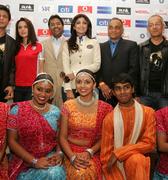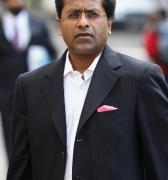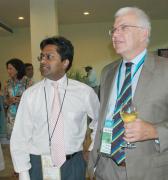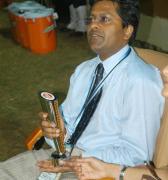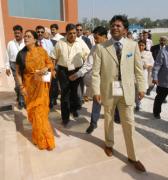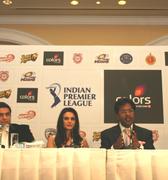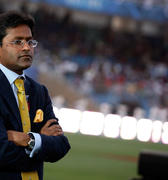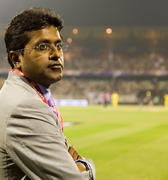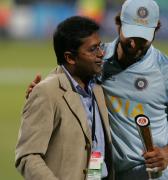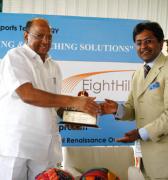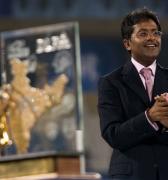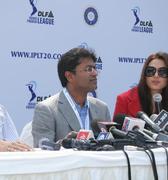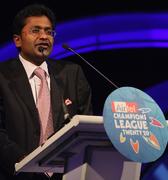How BCCI wholeheartedly backed the rollback they now oppose
At last year's SGM, all in the BCCI barring Anirudh Chaudhary had come in full support of the ICC's revenue sharing model.
When Anurag Thakur was the president of Indian cricket board he had expressed strong reservations against the proposed revenue sharing model proposed by ICC, under the presidency of Shashank Manohar, which sought to cut down India’s share of revenues. The BCCI had said that by shooting down the earlier plan laid down by N Srinivasan in 2014 which had India garnering 22 per cent of ICC revenue, the BCCI stands to lose thousands of crores in revenue.
However, a twist in the tale has emerged now. The minutes of special general body meeting held last year – 19th February 2016 — in Mumbai suggests that the board members had backed Manohar’s plan saying that India shouldn’t be a bully and shouldn’t let down the other members around the world.
The next ICC meeting to be held in Dubai on February 2 would decide the fate of financial structure but considering that even the BCCI had backed Manohar’s changes, the outcome in Dubai is unlikely to create any surprises.
For record, last year’s SGM was also attended by Anurag Thakur, who was board honorary secretary, Anirudh Chaudhary, honorary treasurer, Amitabh Chaudhary, jt secretary of the BCCI. And there were other big names too like Sharad Pawar (Mumbai Cricket Association), Ajay Shirke (Maharashtra), Rajeev Shukla (UP).
At the meeting, former BCCI president Sharad Pawar had come in full support of Manohar’s stand and so did many others barring Anirudh Chaudhary.
The minutes of the SGM reads, accessed by The Indian Express, records that: “Mr Sharad Pawar opined that while it is correct that BCCI should get a greater share of the money based on the fact that 70% of the media right revenue comes from India, we must also remember that Pakistan Board, Sri Lankan Board, Bangladesh Board, Zimbabwe Cricket, South Africa had always supported India in good and bad times.
A revision of the financial structure by which BCCI gets a major share and the other Boards also get enough to help them develop and promote cricket should be welcome. It was important for BCCI to ensure that the level of cricket grows in all the member countries for the future of this game and BCCI should take care of the member Boards who always have stood by it.”
Just before Pawar had voiced his support, Manohar had explained his stand to the members. He said the majority of the ICC members had wanted to change the financial structure adopted in 2014, and that it only needed seven full members to reverse any of the earlier decision taken by the ICC executive board.
That not only were the smaller countries opposing it but later even the chairman of Cricket Australia had expressed his reservations about the decision. Even cricket South Africa wanted discussion on financial structure of the ICC. Manohar had also addressed the house about the members had signed sign MOU with full members boards before agreeing to the FTP for next eight years (2016-2023), and it can’t be tinkered with.
PS Raman, who was representing Tamil Nadu Cricket Association, later felt that Manohar could be authorised to find a solution on this and it was supported by Brijesh Patel (Karnataka State Cricket Association) and Niranjan Shah (Saurashtra Cricket Association).
However, Anirudh Chaudhury remained firm in his stand and was the lone man to oppose the idea of any changes in the financial structure implemented in 2014 which was approved by the then BCCI’s working committee. In May 2016, Manohar became ICC’s first independent chairman, and now the ball rests in his court.
When Anurag Thakur was the president of Indian cricket board he had expressed strong reservations against the proposed revenue sharing model proposed by ICC, under the presidency of Shashank Manohar, which sought to cut down India’s share of revenues. The BCCI had said that by shooting down the earlier plan laid down by N Srinivasan in 2014 which had India garnering 22 per cent of ICC revenue, the BCCI stands to lose thousands of crores in revenue.
However, a twist in the tale has emerged now. The minutes of special general body meeting held last year – 19th February 2016 — in Mumbai suggests that the board members had backed Manohar’s plan saying that India shouldn’t be a bully and shouldn’t let down the other members around the world.
The next ICC meeting to be held in Dubai on February 2 would decide the fate of financial structure but considering that even the BCCI had backed Manohar’s changes, the outcome in Dubai is unlikely to create any surprises.
For record, last year’s SGM was also attended by Anurag Thakur, who was board honorary secretary, Anirudh Chaudhary, honorary treasurer, Amitabh Chaudhary, jt secretary of the BCCI. And there were other big names too like Sharad Pawar (Mumbai Cricket Association), Ajay Shirke (Maharashtra), Rajeev Shukla (UP).
At the meeting, former BCCI president Sharad Pawar had come in full support of Manohar’s stand and so did many others barring Anirudh Chaudhary.
The minutes of the SGM reads, accessed by The Indian Express, records that: “Mr Sharad Pawar opined that while it is correct that BCCI should get a greater share of the money based on the fact that 70% of the media right revenue comes from India, we must also remember that Pakistan Board, Sri Lankan Board, Bangladesh Board, Zimbabwe Cricket, South Africa had always supported India in good and bad times.
A revision of the financial structure by which BCCI gets a major share and the other Boards also get enough to help them develop and promote cricket should be welcome. It was important for BCCI to ensure that the level of cricket grows in all the member countries for the future of this game and BCCI should take care of the member Boards who always have stood by it.”
Just before Pawar had voiced his support, Manohar had explained his stand to the members. He said the majority of the ICC members had wanted to change the financial structure adopted in 2014, and that it only needed seven full members to reverse any of the earlier decision taken by the ICC executive board.
That not only were the smaller countries opposing it but later even the chairman of Cricket Australia had expressed his reservations about the decision. Even Cricket South Africa (CSA) wanted discussion on financial structure of the ICC. Manohar had also addressed the house about the members had signed sign MOU with full members boards before agreeing to the FTP for next eight years (2016-2023), and it can’t be tinkered with.
PS Raman, who was representing Tamil Nadu Cricket Association, later felt that Manohar could be authorised to find a solution on this and it was supported by Brijesh Patel (Karnataka State Cricket Association) and Niranjan Shah (Saurashtra Cricket Association).
However, Anirudh Chaudhury remained firm in his stand and was the lone man to oppose the idea of any changes in the financial structure implemented in 2014 which was approved by the then BCCI’s working committee. In May 2016, Manohar became ICC’s first independent chairman, and now the ball rests in his court.
Courtesy: The Indian Express




